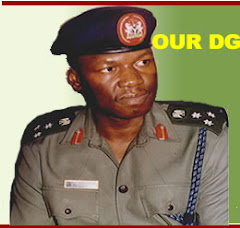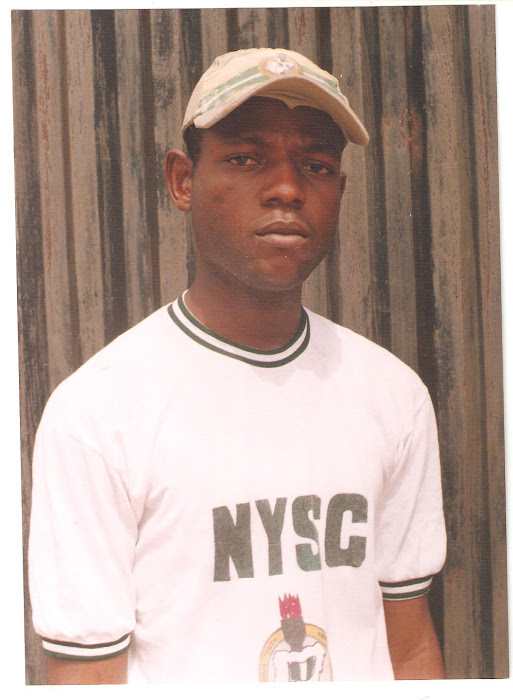Sunday, April 5, 2009
The perfect interview
They give some people sleepless nights. Others find themselves tongue-tied or worse still, unable to shut up. Interviews are one of the most nerve-racking parts of the recruitment experience. But in truth, there is a knack to them which you can learn, practise and conquer. We spoke to graduate recruiters from the public and private sector to find out the tricks of the trade.» The recruiters:Jonathan Earle, Head of Marketing & Propositions, BarclaysMark Powell, Chief Occupational Psychologist, Civil Service Selection Board» The questions:What should the perfect interviewee do to prepare for the big day?Jonathan: Knowledge is key. Do plenty of research about the company. For example, read the press and go online. If you’re going for an interview with a retail company, visit one of the stores and look at the company’s competitors. Why not mystery shop them? Sign-up for a product or service and collect some first-hand evidence.Mark: Before the interview, take some time to analyse the job description. You should be able to figure out the type of skills and experience needed, and from this the questions the interviewer is likely to ask you. So, if the job description states that they want someone who can plan their time well, you are likely to be asked for an example of when you had to complete something in a certain time period, how you approached this and what the outcome was.Do first impressions count?Jonathan: First impressions are very important. Be smart. Be confident, but not arrogant. Give the interviewer a firm hand shake, remember to smile and make good eye contact. Don’t cross your arms as this might make you look defensive. Best bet - take a deep breath and just try and enjoy the interview. Remember, the company are keen to recruit. They are not trying to catch you out!What is the most important thing to remember when trying to answer difficult questions?Mark: Don’t be afraid to stop and think, don’t try and fudge the answer to the question. Often the more difficult questions are those that ask you to consider a situation where you didn’t perform as well as you could have done or ask you to identify a development need. For example, if the interviewer was trying to determine your competence in planning and organising they might ask a negative question like, ‘Tell me about a time when you failed to deliver a project on time?’Jonathan: Try and structure your answer. If asked whether the company should introduce a new product, you can examine the pros and cons of doing so. Don’t make up the answer as you go along as you will confuse the interviewer. And remember that it’s okay to ask for clarification, even twice if necessary.
Labels:
Written by Tom Allbeson
Subscribe to:
Post Comments (Atom)






No comments:
Post a Comment